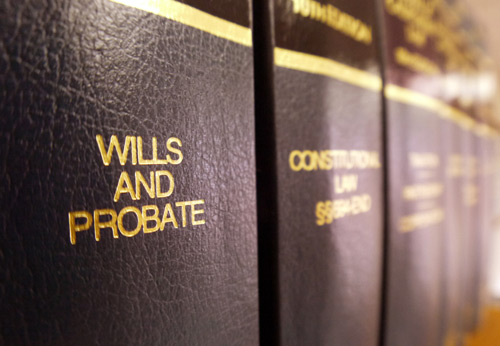The inheritance saga in the wake of Prince’s death continues. Since reportedly dying without a will, potential heirs are coming of the proverbial woodwork and claiming they are entitled to a piece of Prince’s fortune. According to Minnesota law, if there is no will, the deceased’s estate first goes to his spouse. If there is no living spouse, then the estate would go to the deceased’s children. If there are no living children, then the parents inherit the estate. Finally, if no living parents, the estate would pass to the deceased’s parents’ descendants (i.e., the siblings of the deceased). …
-
-
Caveat to a Caveat to a Will: North Carolina Court of Appeals Offers Non-Binding Opinion
In October the North Carolina Court of Appeals issued an unpublished opinion addressing the circumstances under which it is appropriate to grant a motion to dismiss in the context of a will caveat.[1] A caveat is a legal challenge to the probate of a will when there is confusion or disagreement as to the interpretation of the will. The three issues addressed were: (1) can a caveat challenge only a part of a will; (2) can an executor who presents a will for probate later file a caveat; and (3) can one who accepts a benefit under a will later challenge its validity via caveat?…
-
NC Court of Appeals: While decedent’s actions effectively bypassed will, “it was his prerogative to do so.”
On July 21, 2015, the North Carolina Court of Appeals issued a ruling emphasizing the importance of executing cohesive estate documents and appointing a trusted fiduciary to execute the testator’s wishes.[1] Dwight Jordan died testate with four children, and his will instructed the estate to be divided between them in equal shares. Mr. Jordan named one of his sons, Raymond Baxter Jordan (“Defendant”), as the executor, and designated him as his attorney-in-fact. The same day he executed the will, Mr. Jordan and the Defendant converted Mr. Jordan’s bank account to a joint account with rights of survivorship. The bank account comprised…


